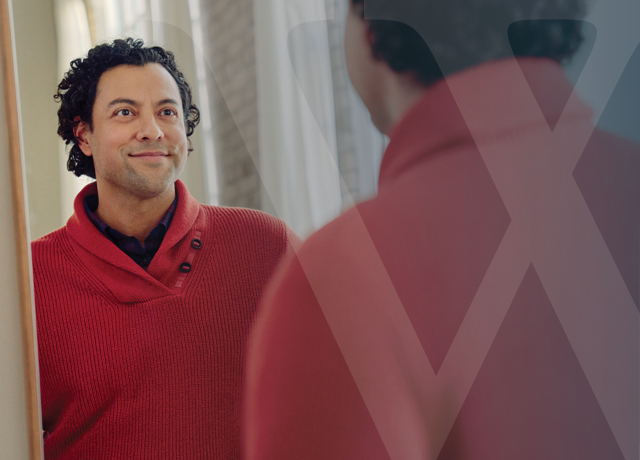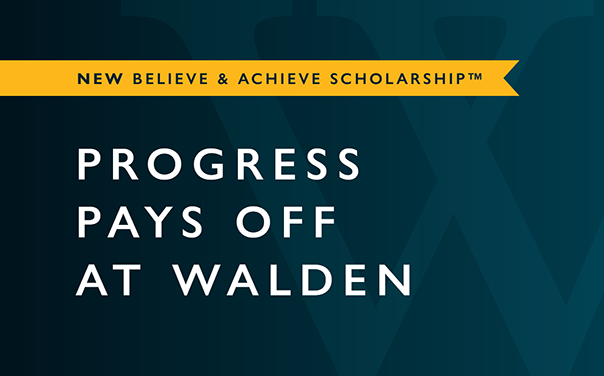10% Tuition Savings Plus Grants for District of Columbia Government Employees
Eligible Employees of District of Columbia Government who enroll for any term start between 7/1/2023 and 6/30/2024 can receive a 10% tuition savings* plus:
- -$3,000 grant for bachelor's and master’s programs
- -$5,000 grant for doctoral programs
Or, learn more about the Believe & Achieve Scholarship™ opportunity below.
Enrollment Specialists are available to answer any questions you may have. Call or request information today to get started.
Why Walden?
Exclusive Tuition Savings for District of Columbia Government
Eligible Employees of District of Columbia Government who enroll for any term start between 7/1/2023 and 6/30/2024 can receive a tuition grant in addition to the 10% tuition savings offered.*
Do you believe in a brighter future and a better version of yourself? Walden wants to help you achieve it. If you’re ready to invest in your goals, Walden is ready to invest in you—with a Believe & Achieve Scholarship™.
This innovative new tuition incentive program rewards your progress with special tuition savings.§ Stay on track to graduation and lower your total degree costs. Complete the form to speak with an Enrollment Specialist to learn more.
Let Your Light Shine
Growing up in poverty, Jack knew that education was key. See how this Walden grad used his Walden degree to help a wrongfully convicted man gain his freedom.



